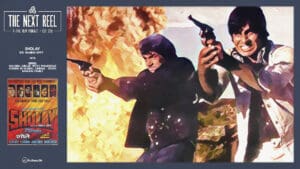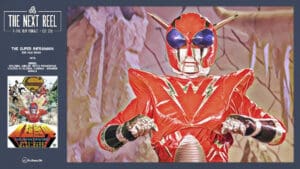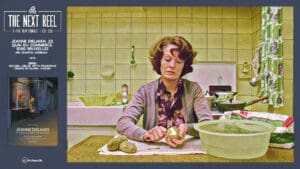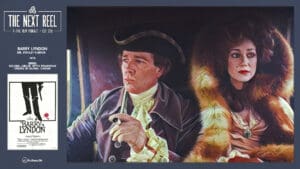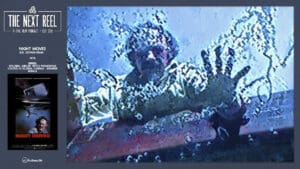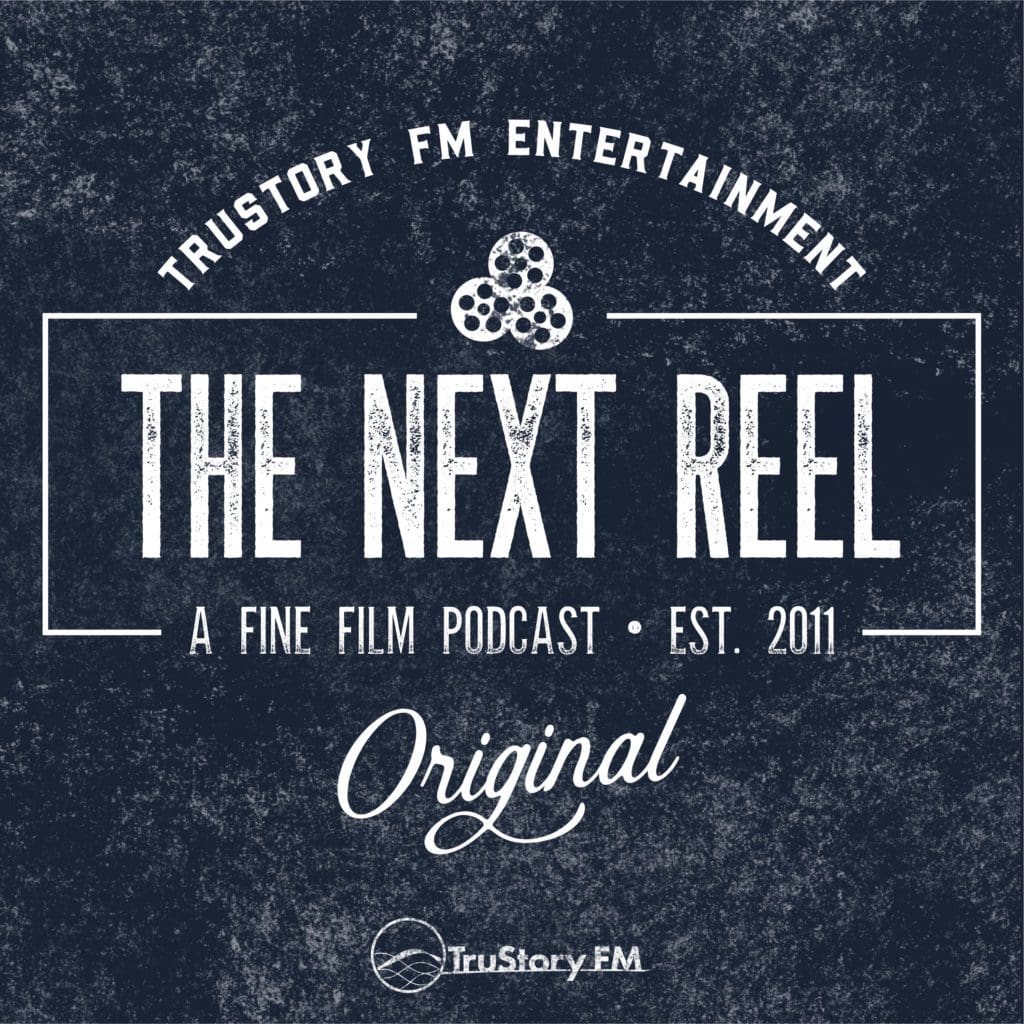Bank Robbery Meets Social Commentary in Lumet’s Masterpiece
Sidney Lumet’s Dog Day Afternoon (1975) dramatizes the true story of a Brooklyn bank robbery gone wrong, transforming a sensational crime into a penetrating study of media spectacle, sexual identity, and institutional power. Based on a 1972 robbery attempt by John Wojtowicz, the film stars Al Pacino as Sonny Wortzik, whose plan to steal money for his partner’s gender confirmation surgery escalates into a day-long hostage situation and media circus. Join us—Pete Wright and Andy Nelson—as we continue the Golden Jubilee: 1975’s Pioneering Visions in Global Cinema series with a conversation about Dog Day Afternoon.
A Pioneering Vision of American Society
Pete and Andy explore how Lumet’s documentary-style approach creates an intimate portrait of 1970s New York City, with the handheld cameras and long lenses making viewers feel like witnesses to the unfolding drama. They discuss how the film’s lack of non-diegetic music enhances its verisimilitude, noting the director’s careful choices about when to let performances stand alone.
Performance and Reality
The hosts delve into the remarkable performances, particularly praising John Cazale’s portrayal of Sal as a quiet, intense presence that contrasts with Pacino’s more theatrical Sonny. They examine how the film handles its queer storyline with surprising sensitivity for 1975, while acknowledging the historical context of both the actual events and the film’s production.
Key discussion points include:
- The film’s treatment of law enforcement, from local police to the FBI’s intervention
- How Sonny’s relationship with the hostages evolves throughout the day
- The movie’s exploration of media spectacle and public performance
- Lumet’s position in 1970s American cinema
- The real-life aftermath for the people involved
- Connections to other films in the director’s body of work
- The movie’s influence on subsequent hostage dramas
- Its upcoming stage adaptation announcement
Legacy and Impact
Pete and Andy reflect on how Dog Day Afternoon remains relevant today, particularly in its examination of institutional power, media influence, and social justice. They note how the film’s themes of identity, authority, and spectacle continue to resonate with contemporary audiences.
We have a great time talking about it, so check it out then tune in. The Next Reel—when the movie ends, our conversation begins!
🎬 Watch & Discover
- 🎥 See Our Full Conversation on YouTube
- 🍿 Watch the Film: Apple TV | Amazon | Letterboxd
- 📽️ Original Theatrical Trailer
- 📚 Adapted from the Life Magazine article “The Boys in the Bank” by P.F. Kluge and Thomas Moore








